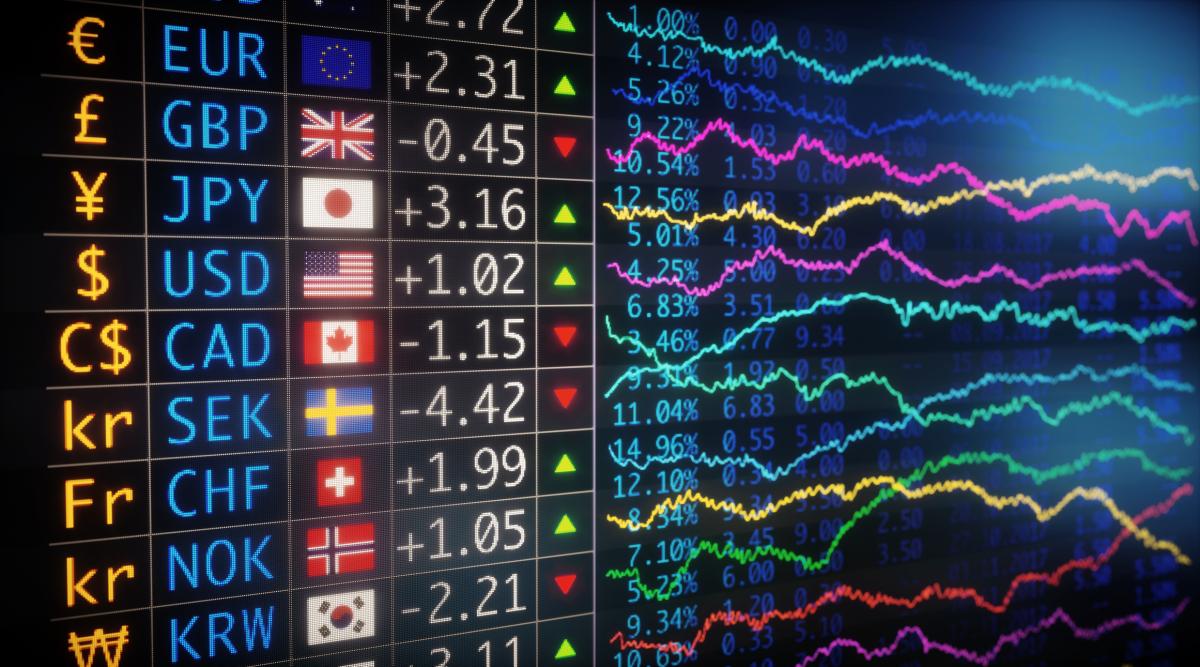A thorough Guide to Currency trading

Forex trading, also known as fx trading or Foreign currency trading, is the buying and selling of currencies on the foreign exchange market with the goal of making a profit. It is one of the largest and most liquid financial markets in the world, with a daily trendonex in-depth analysis volume of over $6 trillion. In this comprehensive guide, we will delve into the basics of forex trading, its benefits and risks, and beginning your practice as a forex trader. Forex trading involves trading currency pairs, where one currency is exchanged for another at an agreed-upon price on the over-the-counter (OTC) market. The most commonly bought and sold currency pairs include EUR/USD, USD/JPY, and GBP/USD. Each currency pair has a base currency and a quote currency. For example, in the EUR/USD pair, the euro (EUR) is the base currency, and the US dollar (USD) is the quote currency.
Forex trading operates 24×7, five days a week, across different time zones. This continuous operation allows traders from around the world to participate in the market at any time. Trading is conducted in an electronic file over-the-counter (OTC), meaning that there is no centralized exchange like the wall street game. Instead, trading develops by way of a network of banks, financial institutions, and individual traders. The forex market is driven by supply and demand, economic indicators, geopolitical events, and central bank policies, among other factors. Traders make an effort to make the most of imbalances in currency exchange rates by buying a currency pair when they expect its value to increase and selling it when they anticipate a decline.
Liquidity: The forex market is highly liquid, e . g traders can easily enter and exit positions at any time with minimal price slippage. Accessibility: Unlike other financial markets, forex trading does not require a great deal of capital to get started. Many brokers offer leverage, allowing traders to overpower larger positions with a lesser amount of capital.
Diverse Trading Opportunities: With a wide range of currency pairs to choose from, traders can cash in on on various market conditions and economic trends. No Commissions: Most forex brokers make money through advances, which are the differences between the bid and enquire prices. This means that traders don’t need to worry about paying commissions on their trades.
Volatility: The forex market can be highly volatile, with exchange rates fluctuating rapidly in a reaction to economic news and events. This volatility may result in significant gains or losses for traders. Leverage Risk: While leverage can amplify profits, it can also magnify losses. Traders should use leverage thoroughly and be aware of the potential for large losses. Market Risk: External factors such as geopolitical events, economic downturns, and central bank interventions make a difference to currency prices unpredictably. Counterparty Risk: In OTC trading, traders are exposed to counterparty risk, which is the risk that the broker or dealer may default on their obligations. Getting started with Forex TradingEducate Yourself: Before diving into forex trading, it is essential to coach yourself about the market, trading strategies, risk management, and the factors that influence currency prices.
Choose a Reputable Broker: Selecting the right broker is necessary for successful forex trading. Look for a broker that is regulated by a reputable financial authority and offers competitive advances, reliable trading platforms, and excellent support service. Produce a Trading Plan: A trading plan outlines your trading goals, risk patience, and strategies. It serves as a roadmap to guide your trading decisions and helps you stay picky in your approach. Practice with a Trial Account: Many brokers offer trial accounts that allow you to practice trading with virtual money in a simulated environment. This is a great way to familiarize yourself with the trading platform and test your strategies without risking real capital. Start Small Begin with a small amount of capital and gradually increase the sizes as you gain experience and confidence in your trading abilities.
Forex trading has an exciting chance for individuals to participate in the global financial markets and potentially generate significant profits. However, it is not without its risks, and traders should approach the market with caution, discipline, and a well-defined trading plan. By teaching yourself, choosing a reputable broker, and practicing good risk management, you can increase your odds of success in the challenging yet rewarding world of forex trading. Remember, consistency and patience are key qualities of successful traders, so stay committed to your trading goals and continuously endeavor to improve your skills and knowledge.
Leave a Comment